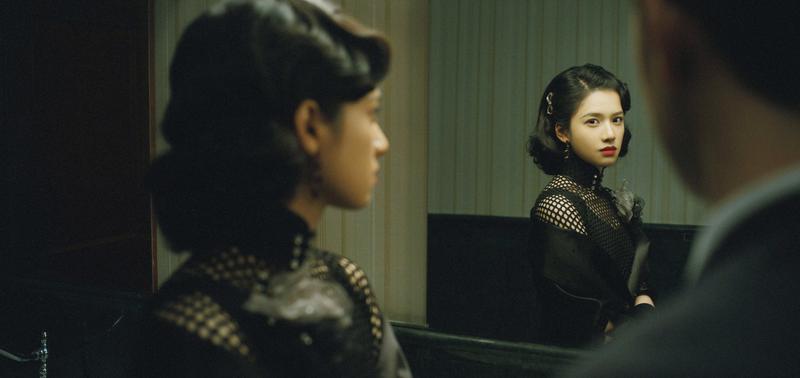Wartime Shanghai noir fails to make the cut


The film is a step up from Cheng's laborious and scattered The Wasted Times (2016), and at the very least displays a mastery of style and atmospherics. The 1940s Shanghai sets ooze menace, with hard light and shadows suggesting a threat around every corner. The film ranks up there with the best of what seems like a rush of Asian period spy thrillers: Zhang Yimou's Cliff Walkers (2021), Jiang Wen's Hidden Man (2018), Choi Dong-hoon's Assassination (2015); in some ways kicked off by Ang Lee's Lust, Caution way back in 2007. Hidden Blade is among the most visually assured of the lot.
Which is why it's disappointing that the storytelling isn't quite up to par. In the end, the whole doesn't add up to the sum of its considerable parts. Cheng has a strong cast committed to the material, and in many ways the performances keep the film from going off the rails altogether. Leung is his usual reliable self, effortlessly telegraphing inner conflict laced with a ceaseless alertness. And while Wang is a little flat, he gives Ye a subtle physicality that makes the character as curious as he is dangerous. Unfortunately, the women in Hidden Blade are less well-served. Zhou Xun is criminally underused as the mysterious spy and sympathizer Miss Chen, and Zhang Jingyi (2021's Love Will Tear Us Apart) as Fang exists solely to be brutalized.
But what's truly frustrating about Hidden Blade is what it doesn't bother doing. There's a rich thematic vein to be tapped deep in the script somewhere about the nature of wartime collaboration, why it happens, the emotional and moral toll it takes, and whether or not everyone who colludes with the enemy can be tarred with the same brush. It's not a decision that comes with absolutism in every circumstance, but Cheng cleaves closely to easily digestible shades of black and white - never gray, which is where the real drama lies.
























